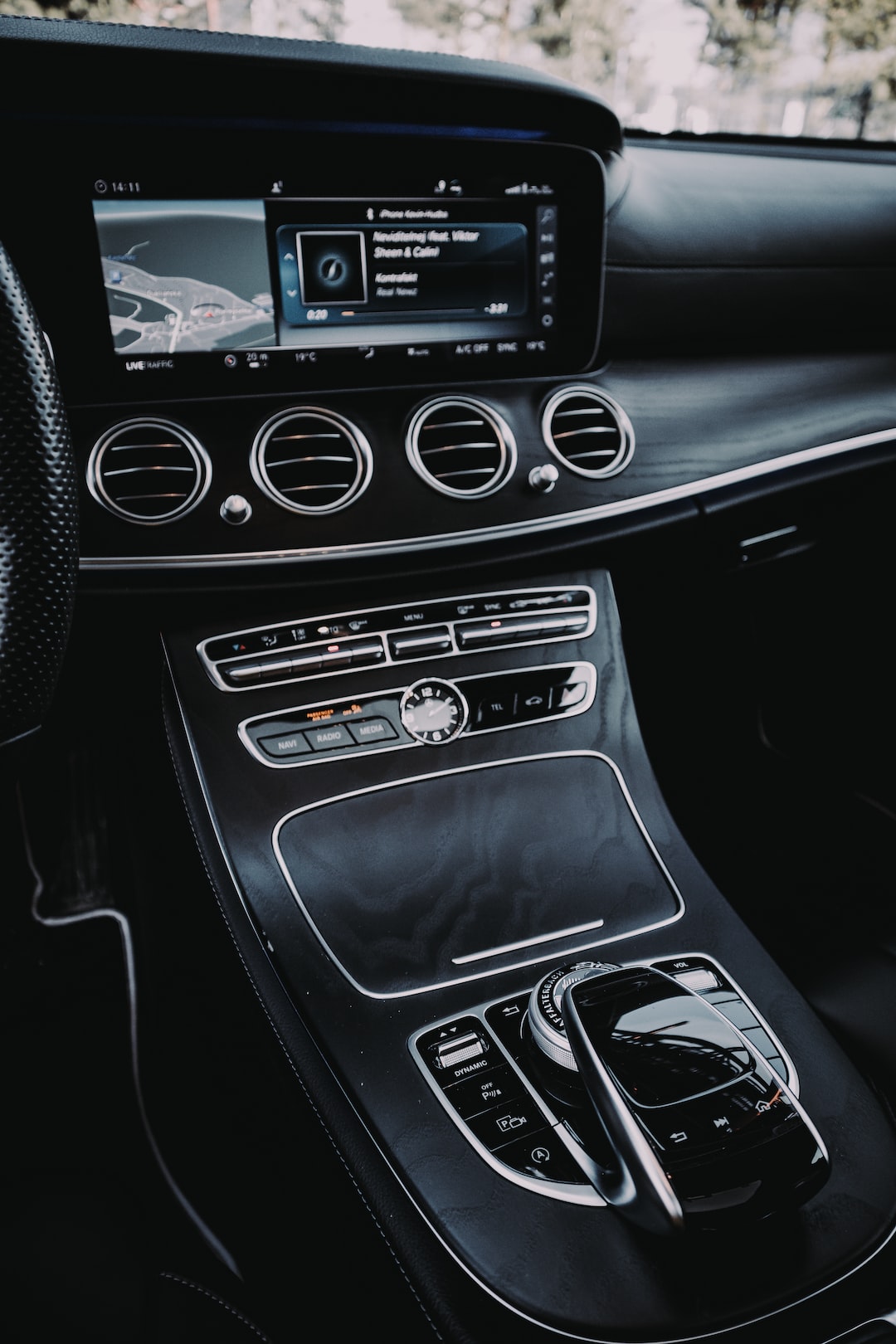The Importance of Regular Brake Inspections and Maintenance
Maintaining the various components of your vehicle is essential for ensuring its optimal performance and longevity. Among these components, the braking system holds a crucial role in keeping you and others safe on the road. Regular brake inspections and maintenance play a vital role in ensuring that your brakes are in optimal condition and can effectively react in emergency situations. Let’s delve into why these regular inspections and maintenance tasks are of utmost importance.
First and foremost, regular brake inspections are necessary for detecting potential issues before they escalate into major problems. As with any mechanical component, brakes can wear out over time due to regular use. Friction caused by motion can lead to the wearing down of brake pads, resulting in reduced stopping power. By conducting regular inspections, certified mechanics can identify and address minor wear and tear issues, such as brake pad thinning or cracked brake lines, before they turn into significant concerns that can compromise your safety.
Moreover, regular brake inspections allow mechanics to assess the overall condition of your brake system. This includes evaluating the functionality of brake calipers, rotors, and drums. Uneven wear on the brake pads can indicate misalignment, and worn-out brake calipers can cause rubbing against the rotors, leading to potential damage. Proactive inspection and maintenance enable mechanics to address these issues promptly, preventing further damage and ensuring the optimal performance of your braking system.
Another critical aspect of regular brake inspections is the detection of brake fluid leaks. Brake fluid is essential for the proper functioning of your brakes, as it provides the necessary hydraulic force to activate the braking system. Over time, seals and connections within the brake system may wear out or develop leaks, causing a loss of brake fluid. This can significantly impair your braking capabilities and put you at risk of accidents. By checking for leaks during inspections, mechanics can identify and resolve these issues, ensuring a safe and efficient brake system.
Apart from inspections, regular maintenance tasks are essential for ensuring the longevity and optimal performance of your brakes. Regular brake pad replacements are necessary since brake pads naturally wear down over time. Replacing worn-out pads prevents metal-to-metal contact, which can damage the rotors and result in costly repairs. Additionally, the smooth functioning of your braking system relies on well-lubricated calipers. Applying grease or lubricant to caliper pins during maintenance tasks guarantees smooth movement and prevents unnecessary brake drag.
In conclusion, regular brake inspections and maintenance play a vital role in ensuring the safety and efficiency of your vehicle’s braking system. With inspections, potential issues can be detected and resolved before they become severe, minimizing the risk of accidents. Regular maintenance tasks, such as brake pad replacements and lubrication, contribute to the longevity and optimal performance of your brakes. Neglecting brake inspections and maintenance can lead to reduced stopping power, brake system failure, and potential accidents. Therefore, it’s crucial to prioritize the regular inspection and maintenance of your brakes to ensure your safety on the road. Remember, a properly maintained braking system can be a lifesaver, giving you peace of mind and confidence in your vehicle’s ability to stop effectively when it matters the most.

